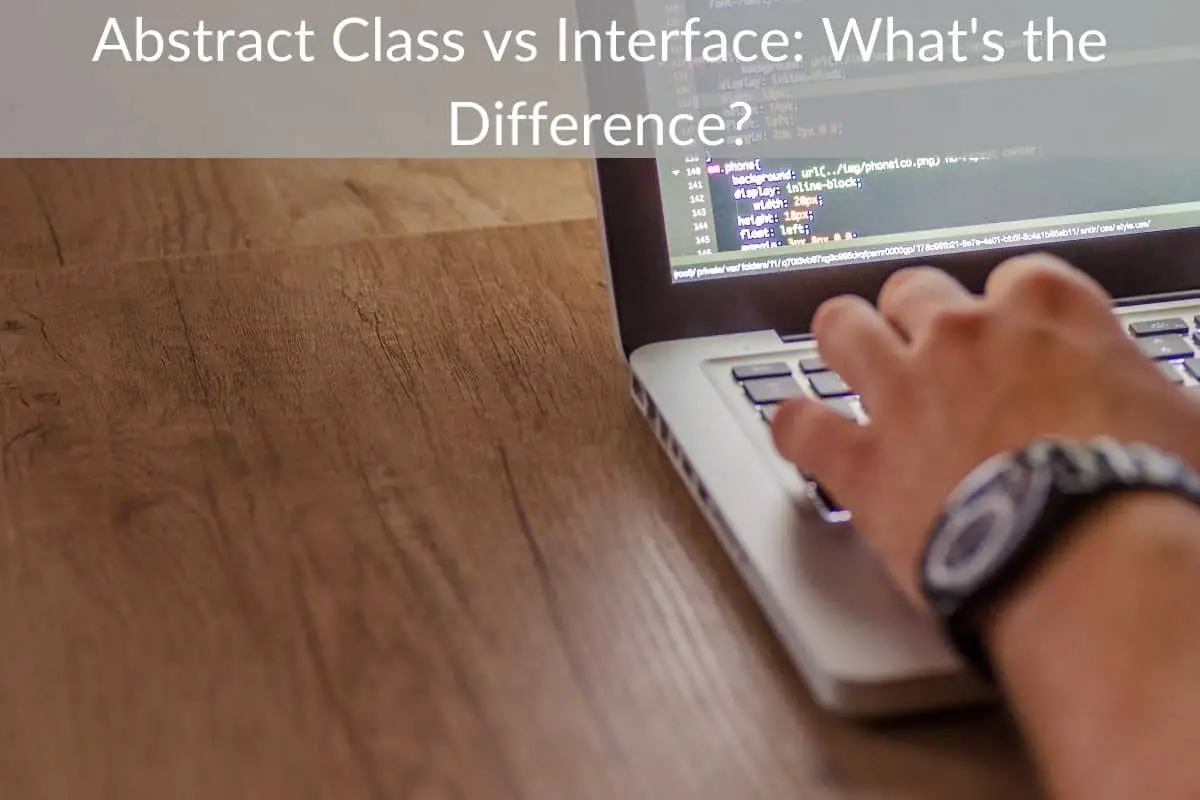Table of Contents
*This post may contain affiliate links. As an Amazon Associate we earn from qualifying purchases.
In an interview when looking for a programming job with Java, one of the most common questions you may be asked by your interviewer is to compare abstract class vs interface. You need to have polished your java knowledge before answering this question, that?s why we bring you this review with the best answers.
Java 101: Abstract Class vs Interface
In Java programming, the abstract class refers to a class that contains one or many abstract methods. The abstract methods are those methods that are declared but lack implementation. On the other hand, an interface is a reference type in Java programming language. Just like a class, it contains abstract methods. When the class implements an interface, it inherits the abstract methods included in the interface. Now that you know that both the interface and the abstract class contain abstract methods, we will explore the difference between abstract class and interface.
Differences Between Abstract Class and Interface
Below is an outline of abstract class vs interface showing the distinction between the two:
- The abstract class can spread only one class or abstract class at an instance. Interface can spread several interfaces at a go.
- Unlike the interface which extends only from another interface, the abstract class can extend from a class or the abstract class.
- While abstract class can contain both the abstract and concrete methods, the interface can only contain abstract methods.
- When declaring a method as an abstract, in abstract class the keyword abstract must be present. In an interface, on the other hand, the keyword abstract is optional.
- The abstract class can contain either public or public abstract methods.On an interface, on the other hand, there are only public abstract methods by default.
- The abstract class can contain static.final function in a code with any access specifier while the interface by default contains just the static final.
- You can explore further on the interface vs abstract class with examples on this page.
This article?will help you understand all there is to know about the differences between the abstract class and interface. They are tools that you will apply greatly in your career involving Java programming if you ace the interview. Therefore, feel free to drop your thoughts and comments in the comment section.

